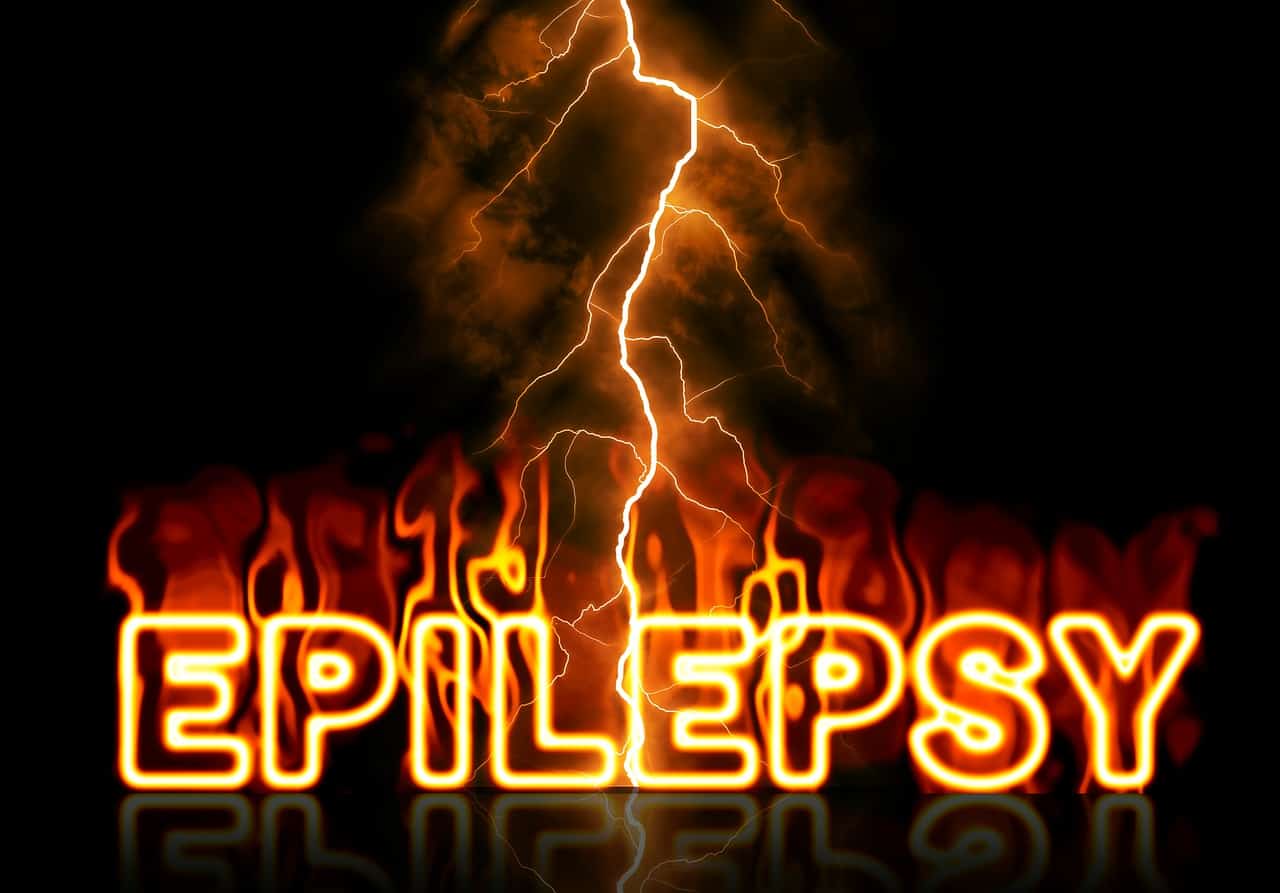
Epilepsy in the Elderly Population
With November being National Epilepsy Awareness Month (NEAM), we thought we would take some time to discuss epilepsy in the elderly population, which is a brain disorder that causes a person to have repeated unprovoked seizures. According to the CDC, three million adults over the age of 18 in this country suffer from epilepsy, and about one million of those are adults age 55 and older. With epilepsy being more likely to develop in older adults, it’s important to be aware of this condition that affects many elderly in San Francisco and elsewhere who are in end-of-life care.
Older adults who develop epilepsy in later years often have a difficult time managing the disorder, especially when you consider that eight out of 10 adults aged 65 or older suffer from more than one chronic health condition. That makes it hard for them to balance their epilepsy medication with the other medications they take. On top of that, many epilepsy medications have side effects such as dizziness or bone loss, leading to an increased risk of falls and broken bones.
Epilepsy also places challenges in their daily life, specifically their ability to drive or even live on their own. It’s not easy to give up their independence after a lifetime of being self-sufficient.
Causes
Did you know that people over 65 years old have the highest incidence of epilepsy of any age group? That means they account for nearly a quarter of cases of new-onset epilepsy, says BetterHealth. So what’s causing epilepsy in older people? There can be many causes. The key is to get looked at by a doctor so the type of epilepsy you have can be managed and treated.
Here are some of the common causes of epilepsy in older people:
- Stroke
- Brain tumor
- Brain injury
- Dementia and other degenerative conditions
- Medical conditions that affect brain function
- Lifestyle risk factors such as alcohol, sleep deprivation, smoking, stress, and depression
However, it’s important to note that about half of all seizures in older adults do not have a known cause. This is why proper diagnosis is essential. It’s actually quite difficult to properly diagnose epilepsy in the elderly, as epileptic seizures in the older population are often assumed to be related to another medical condition, such as dementia or even the natural aging process. Frequency of occurrence can be different in different people. Some people have seizures every day while for others, they are rare. Some people don’t even know they have had a seizure, so it’s up to their family, friends, and caregivers to take note of any behavioral changes and to make sure they don’t miss their anti-seizure medications.
One study of patients having their first seizures after 60 years old revealed that 32 percent of those seizures were caused by strokes; 14 percent were caused by brain tumors such as meningiomas, brain metastases, and malignant gliomas; and 25 percent were found to have no identifiable cause, according to American Family Physician.
Treatment
Getting the proper treatment for epilepsy requires a doctor’s expertise. Here are some of the common treatments doctors may recommend when coming up with an epilepsy treatment plan for older adults.
- Anti-seizure medications (ASMs)
- Emergency medications
- Diet
- Surgery
Common drugs to treat older onset epilepsy include oxcarbazepine (Trileptal), gabapentin (Neurontin), and lamotrigine (Lamictal). Surgery for epilepsy at higher ages is usually a last resort, as not much is known about the risks and benefits in elderly patients, points out the NIH.
Diet is one of the more common ways to control epileptic seizures in all age groups, not just the elderly. Eliminating sugar and sweets, with a focus on a natural, whole-foods diet, is the main component of dietary changes to help with seizure activity. It may take a few days or weeks of consistent healthy eating to notice results.
Signs
There are a few common signs of epilepsy in older adults, and they include:
- Repetitive lip smacking, jerking, or hand movements: These movements may only last a minute or so, but these are actually called automatisms because they resemble natural, automatic movements.
- Episodic confusion, memory loss, or word-finding ability: The period after a seizure can last hours or even days in older adults, whereby they appear dazed or confused, with no memory afterward of anything that has occurred.
- “Off” behavior: Anything that seems unusual for a person should be looked closely at. Perhaps they are not as outgoing as they used to be or maybe they seem depressed or uninterested in their usual activities.
Any of these signs can signal epilepsy in your elderly loved one.
Contact Pathways Home Health and Hospice
Our care team is skilled in caring for those with epilepsy as part of our hospice program. If your loved one suffers from epilepsy and is facing end-of-life care, please contact us today at 888-978-1306.

